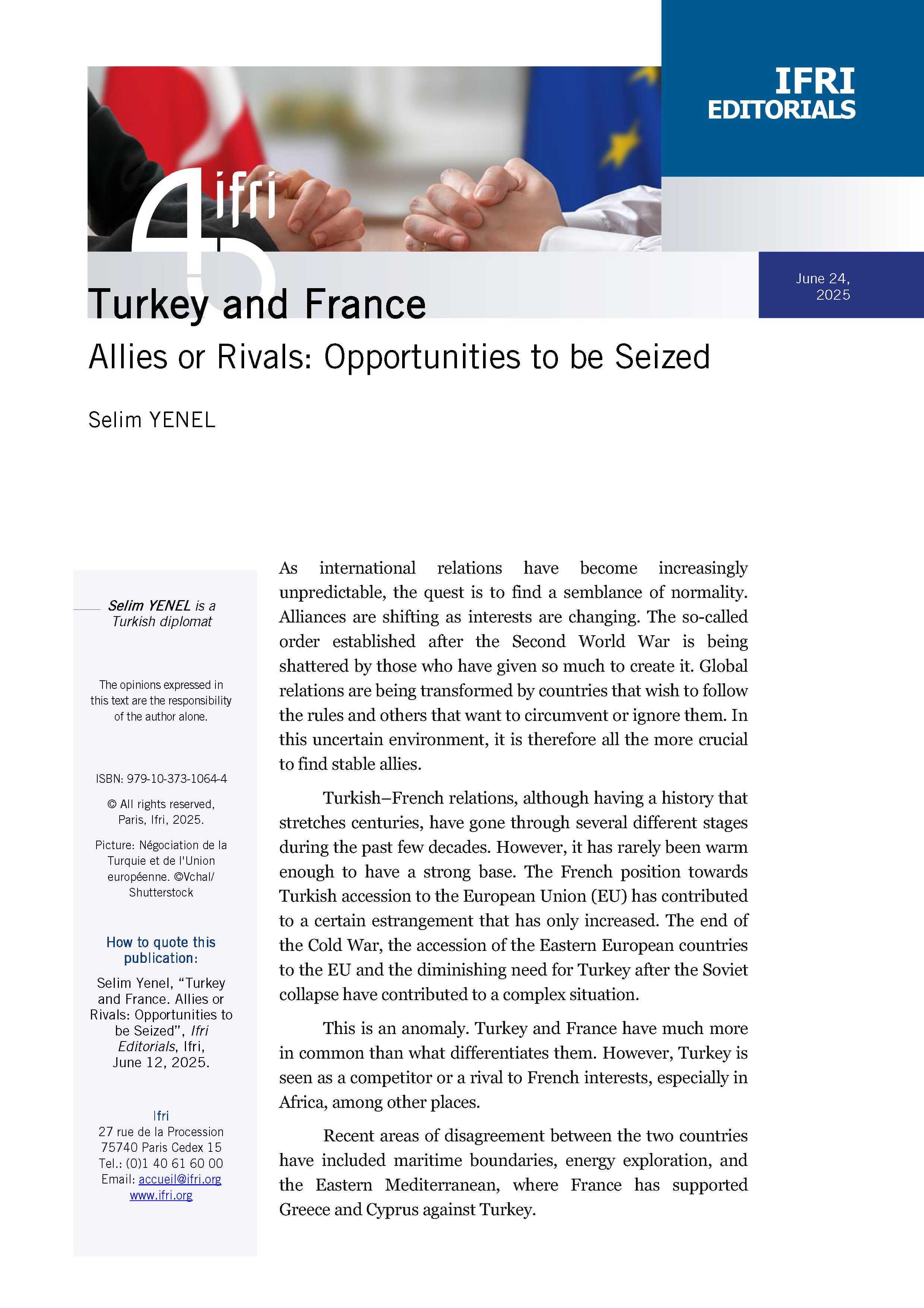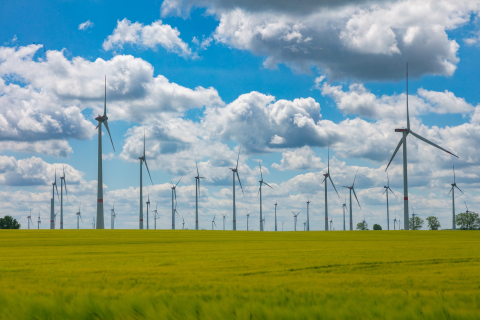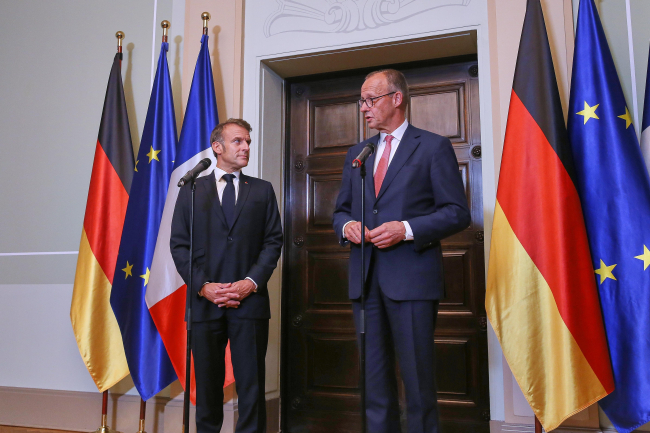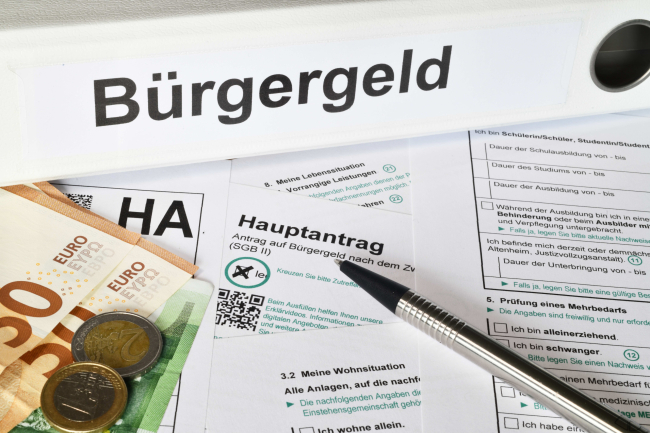The German landscape of foundations and think tanks.

The number of crises we face is rising, due to failing states, wars and armed conflicts, poverty and lack of good governance in many countries. State and society are constantly confronted with new challenges. These crises occur simultaneously and at an ever faster pace.
They also have effects on domestic politics, as the current refugee crisis and the terrorist threat by the so called Islamic State, for example, show. Government, Parliament, administration and their staff are therefore faced with many challenges and have to be well informed to make reflected decisions.
This policy paper intends to examine the existing consultancy services available to policy-makers. Its aim is to present the landscape of policy consultancy and its main actors in Germany, to note the ways of working and the subjects of choice, to specify what requirements a good consultancy service must satisfy in Germany, and finally emphasize which international challenges should receive priority attention. This study will be looking at think tanks in particular and trace back the historical development of foreign policy consultancy in Germany.
Nicole Renvert is Research associate at the Deutsche Gesellschaft für Auswärtige Politik (DGAP) and member of the board of the "Forum Ebenhausen" of the Stiftung Wissenschaft und Politik (SWP) Berlin. She has been a scientific collaborator at the SWP and has worked as a transatlantic relations specialist for several business foundations.
This paper is published in French only - Nicole Renvert, « Le paysage allemand des fondations et think tanks. », Notes du Cerfa, n° 139, Ifri, juillet 2017.
Related centers and programs
Discover our other research centers and programsFind out more
Discover all our analysesA Franco-German “Reset”? The Ambitions of the Franco-German Council of Ministers. Challenges of Joint Leadership in Europe
As a Catholic from the Rhineland, Friedrich Merz is heir to the CDU’s Franco-German policy, from Konrad Adenauer to Helmut Kohl and Wolfgang Schäuble. While Franco-German rhetoric and reflexes are deeply ingrained in him, their results must nevertheless be put into perspective.
Social Policies in Germany. Assessment of the “Traffic Light” Coalition and Prospects for the New Government
Notes du Cerfa, No. 188, Ifri, July 2025 — The defeat of the “traffic light” governing coalition in the snap parliamentary elections of February 2025 calls for an initial – necessarily selective – assessment of the social policies implemented during its term.
The “Huawei Saga” in Europe Revisited: German Lessons for the Rollout of 6G
While the European Union attempted to coordinate a collective response through its 5G Toolbox in Europe’s 5G infrastructure, member states diverged significantly in balancing political, economic, and technological considerations. Germany, despite its economic ties to China and status as Europe’s largest telecom market, only reached a tentative agreement in July 2024—one that appears largely symbolic.
France, the U.S. Oldest and Most Complicated Ally: A Stubborn Defender of a Truly European Industrial and Defence Policy
France, the U.S.’ oldest ally, is also the EU country which most stubbornly defends genuinely European industrial and defence policies. It calls for ‘strategic autonomy’ in all political domains, a position increasingly difficult to hold against a hardening international climate.










